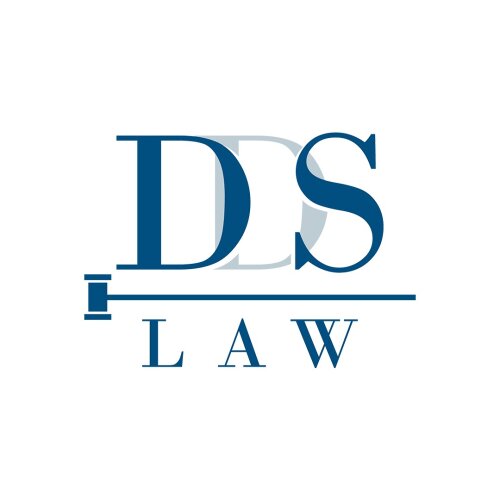Best Employer Lawyers in Taguig
Share your needs with us, get contacted by law firms.
Free. Takes 2 min.
List of the best lawyers in Taguig, Philippines
About Employer Law in Taguig, Philippines
Employer Law, also referred to as Labor Law, in Taguig, Philippines is a collection of statutes, administrative rulings, and precedents which oversee the legal rights of, and restrictions on, working people and their organizations. It covers wide range of employment-related issues, such as employment contracts, wages, health and safety, discrimination and wrongful termination.
Why You May Need a Lawyer
Employer-related legal affairs often require expertise to navigate effectively. These affairs can involve situations like setting up employment contracts, dealing with potential wrongful termination or discriminatory treatment, and ensuring compliance with health and safety standards. Employers might need legal assistance to protect themselves from potential lawsuits and to ensure they are abiding by all relevant labor regulations. Employees may equally need help to understand their rights, seek remedies for employer misconduct, or negotiate terms in an employment contract.
Local Laws Overview
Taguig, just like the rest of the Philippines, is governed by the Labor Code of the Philippines enacted in 1974. The code covers a broad range of issues such as wages, hours of work, rest periods, holidays, service incentive leave, and workers compensation. Additionally, there are significant rules pertaining to the termination of workers, with stringent regulations to protect the employees. Furthermore, anti-discriminatory laws are in place to protect employees from adverse treatment due to their gender, age, religion, disability, etc.
Frequently Asked Questions
What are the standard working hours in Taguig?
Under Philippine labor laws, standard working time is 8 hours per day, 5 days a week. Overtime work is compensated at a higher rate.
What are the provisions for holiday pay?
Holiday pay is required to be given to all employees, irrespective of their employment status. Pay rates are often increased for working on holidays.
Can I be terminated without cause?
Philippine law generally protects employees from being terminated without a just or authorized cause, and requires procedural due process.
What protections are there against discrimination in the workplace?
Philippine law prohibits discrimination on the basis of sex, religion, ethnicity or political views. Laws are in place to protect women and disabled persons, ensuring they have equal opportunities in the workplace.
What is the minimum wage in Taguig?
The minimum wage is set by the Regional Tripartite Wages and Productivity Board, it may vary across the different regions in the Philippines. The exact amount should be checked with local labor resources.
Additional Resources
Department of Labor and Employment (DOLE), the National Conciliation and Mediation Board, the Philippine Overseas Employment Administration, and the Bureau of Working Conditions are helpful governmental organizations for employer related issues in the Philippines. For non-governmental support, the Employers Confederation of the Philippines provides resources and advocacy for employers.
Next Steps
If you believe you need legal assistance about employer law, it is advised to consult with a lawyer who specializes in labor law. They can help guide you through your situation and ensure that your rights or obligations, whether as an employer or employee, are duly represented.
Lawzana helps you find the best lawyers and law firms in Taguig through a curated and pre-screened list of qualified legal professionals. Our platform offers rankings and detailed profiles of attorneys and law firms, allowing you to compare based on practice areas, including Employer, experience, and client feedback.
Each profile includes a description of the firm's areas of practice, client reviews, team members and partners, year of establishment, spoken languages, office locations, contact information, social media presence, and any published articles or resources. Most firms on our platform speak English and are experienced in both local and international legal matters.
Get a quote from top-rated law firms in Taguig, Philippines — quickly, securely, and without unnecessary hassle.
Disclaimer:
The information provided on this page is for general informational purposes only and does not constitute legal advice. While we strive to ensure the accuracy and relevance of the content, legal information may change over time, and interpretations of the law can vary. You should always consult with a qualified legal professional for advice specific to your situation.
We disclaim all liability for actions taken or not taken based on the content of this page. If you believe any information is incorrect or outdated, please contact us, and we will review and update it where appropriate.
















